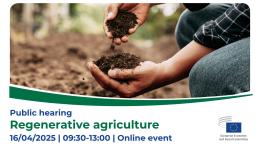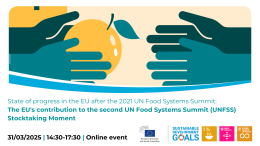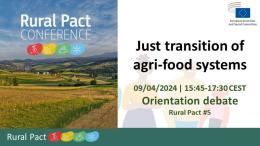European Economic
and Social Committee
Toidu kestlikkus
Toit on meie elu keskmes ja Euroopa kultuuri lahutamatu osa. Toidul, mida me sööme, selle tootmise viisil ja raisatud toidu kogustel on suur mõju inimeste tervisele, loodusvaradele ja ühiskonnale tervikuna:
- inimesed, sh iseäranis lapsed, kannatavad ebatervisliku toitumise tõttu üha enam ülekaalulisuse ja rasvumise all;
- põllumajandustootjad ja -töötajad ei saa oma toodangu eest õiglast hinda;
- kogu toiduahelas läheb kaotsi või raisku kolmandik toidust;
- tagajärjed jäävad keskkonna kanda: toidu tootmisel ja tarbimisel on ränk mõju kliimamuutustele, elurikkuse vähenemisele, õhu- ja veereostusele, mulla degradeerumisele jne.
COVID-19 kriis on häirekell, mis annab märku muutuste vajadusest. See on esile toonud, et toidu jõudmist talust taldrikule ei tohi võtta enesestmõistetavana, ning on näidanud osalejate ja tegevuse omavahelist seotust kogu toidusüsteemis. Rohkem kui kunagi varem on kogu põllumajanduse ja toiduainesektoris vaja õiglasi, ressursitõhusaid, kaasavaid ja kestlikke tarneahelaid, et varustada ühtviisi nii inimesi, põllumajandustootjaid, töötajaid kui ka ettevõtteid.
Komitee on juba aastaid olnud kestliku ja tervikliku toidupoliitika nõudmisel esirinnas. Selline integreeritud ja süsteemne lähenemisviis on oluline, et lahendada toidusüsteeme mõjutavad arvukad ja omavahel seotud probleemid, tagada majanduslik, keskkonnaalane ja sotsiaalkultuuriline jätkusuutlikkus, kindlustada poliitikavaldkondade (nt põllumajandus, keskkond, tervishoid, haridus, kaubandus, majandus ja tehnoloogia) integreeritus ja sidusus ning edendada valitsemistasandite koostööd.









